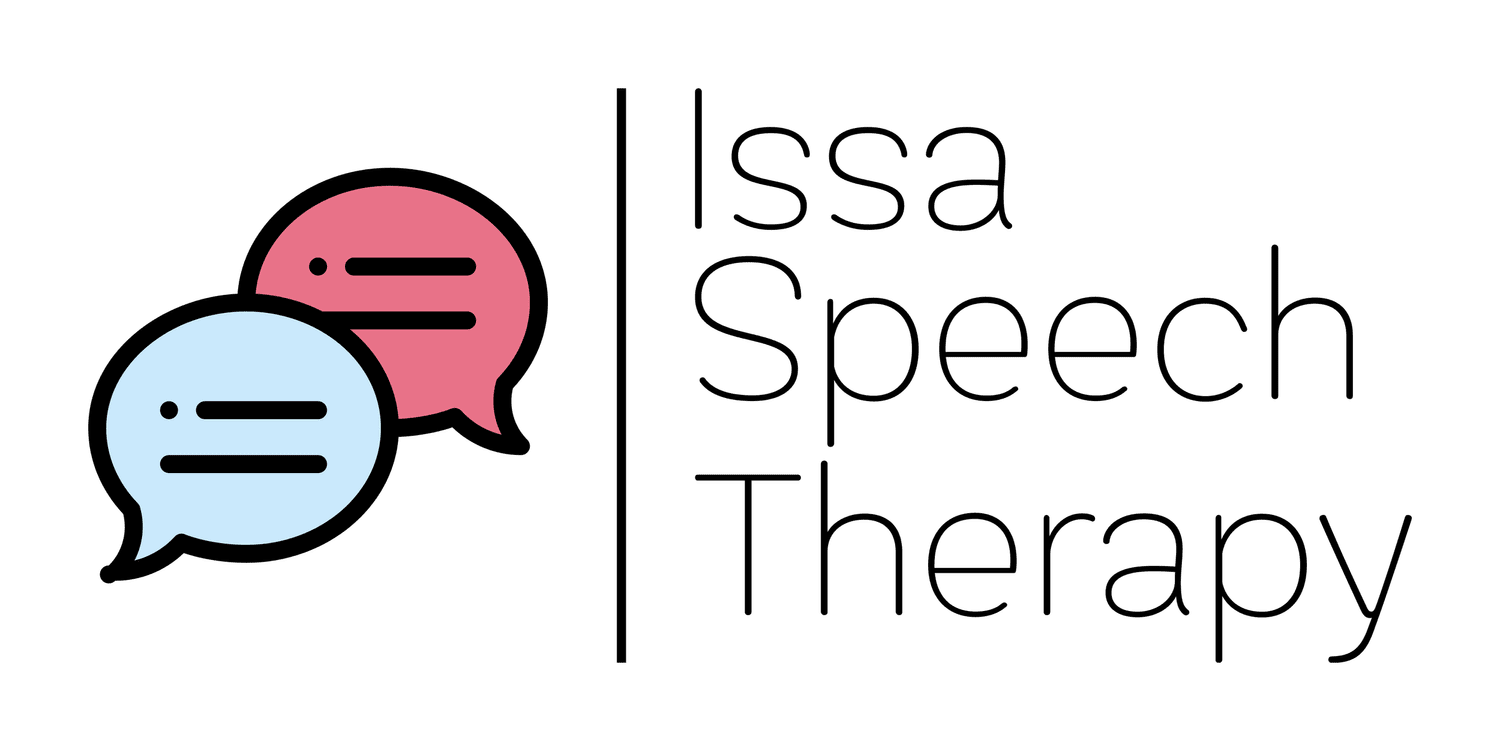
Occupational Therapy
Occupational Therapy
Led by our team of Registered and Licensed Occupational Therapists (OTR/L). Occupational Therapy helps children develop the skills to participate in the basic building blocks of daily life. OT utilizes a combination of sensory, play-based, and activity-based interventions to challenge each child while setting them up for long-term success. We take a unique, holistic approach to care, working with the child to address the clinical condition and adapting habits so children can participate more fully in day-to-day life. Our role is to serve as a guide, by helping the child establish health and life goals—and then working with the child to find the interventions, technology, and equipment that work best for them.
Goals
Occupational Therapists help with barriers that affect a child’s emotional, social, and physical needs. OT is focused on the child’s long-term health and well-being. The goals of Occupational Therapy (OT) are to:
Help kids participate more in activities like playing, going to school, and taking care of themselves. make shorter
Develop self-regulation.
Enhance motor development.
Increase social participation.
Promote health and prevent injury.
Benefits to Child
Occupational therapy (OT) can provide numerous benefits for children across various aspects of their development and well-being. Some of these benefits include:
Improved Fine Motor Skills: Occupational therapy can help children develop better control and coordination of their hands and fingers, which is essential for tasks such as writing, drawing, using scissors, and manipulating objects.
Enhanced Gross Motor Skills: OT interventions can target activities that improve a child's balance, strength, and coordination, facilitating movements like running, jumping, climbing, and participating in sports.
Sensory Integration: Many children struggle with processing sensory information effectively. Occupational therapists can use sensory integration techniques to help children better regulate their responses to sensory input, leading to improved attention, behavior, and participation in daily activities.
Improved Self-Care Skills: OT interventions can focus on enhancing a child's ability to perform activities of daily living independently, such as dressing, grooming, feeding, and toileting.
Increased Independence: By targeting specific skills necessary for independent living, occupational therapy helps children gain confidence and autonomy in performing tasks relevant to their age and developmental level.
Enhanced Social Skills: Occupational therapists often work on social skills development, including turn-taking, sharing, communication, and perspective-taking, to help children build meaningful relationships and navigate social interactions more effectively.
Improved Attention and Focus: Through structured activities and techniques, occupational therapy can help children improve their attention span, concentration, and ability to stay focused on tasks, both at home and in educational settings.
Support for Learning Challenges: Occupational therapists can collaborate with educators to address learning challenges related to attention, organization, and sensory processing, providing strategies and accommodations to optimize the child's academic performance.
Emotional Regulation: OT interventions may include strategies to help children identify and regulate their emotions, cope with stress and frustration, and develop problem-solving skills, leading to improved emotional well-being and resilience.
Parent and Caregiver Support: Occupational therapists often work closely with parents and caregivers, providing education, resources, and strategies to support the child's development and address challenges in home and community settings.
Overall, occupational therapy aims to enhance a child's overall quality of life by promoting independence, participation, and meaningful engagement in everyday activities. The specific benefits experienced by each child will depend on their individual needs, strengths, and goals for therapy.


